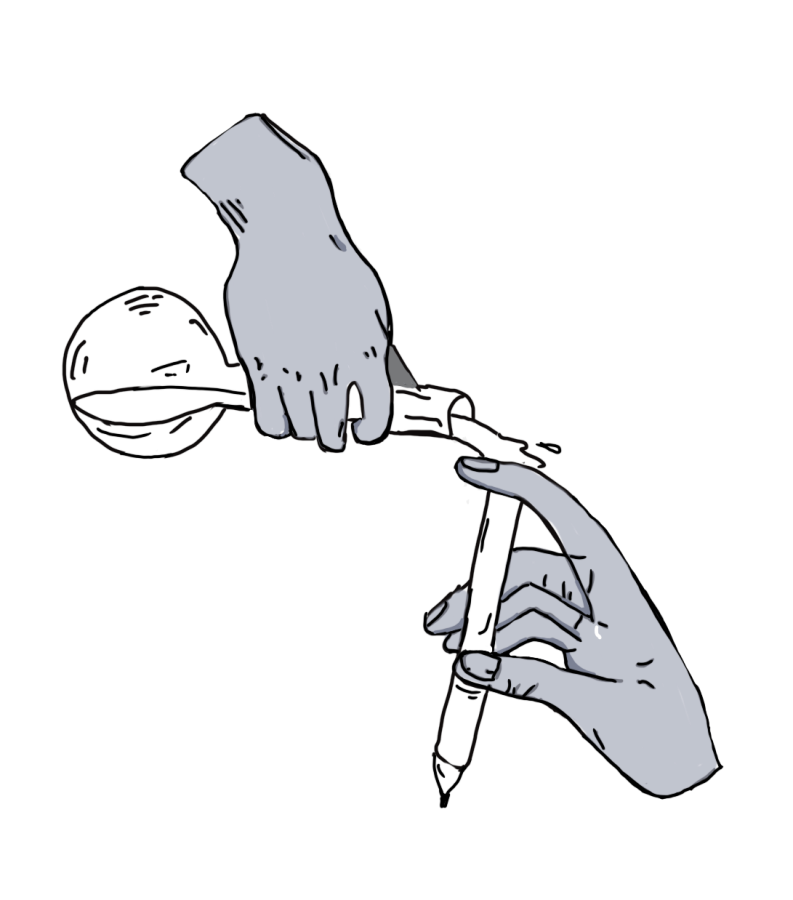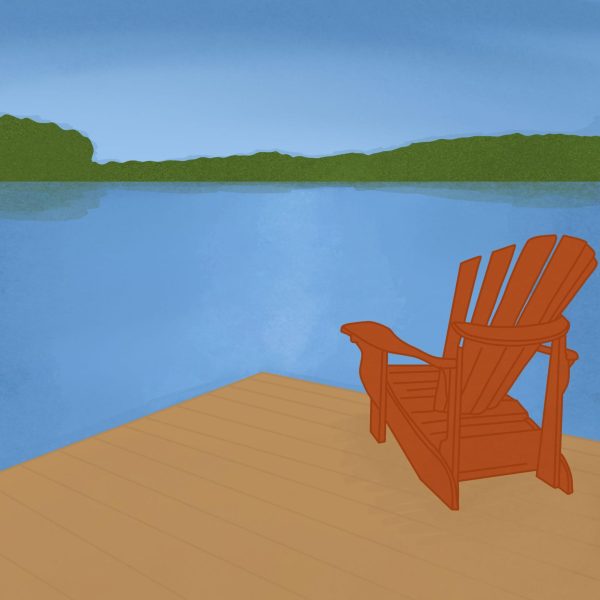Hot Topic: The Pen is Equal to the Pipette
Of the many reasons I chose to come to Colgate – the academic excellence, beautiful campus and friendly people – one of the main motivators behind my decision was that Colgate offers its students the opportunity to study anything. As a student who is currently undecided in the concentration realm, I appreciated that every discipline was accessible to me and I would be encouraged to explore and discover new interests. In fact, all students are required to explore a range of subjects to fulfill the Core Curriculum. Regardless of a chosen concentration, every student will have to take classes across three different areas throughout their time at Colgate. Even if a student intends to be a STEM concentrator (science, technology, engineering and mathematics), they will still need to take classes in the humanities. Similarly, humanities concentrators will have to explore the sciences as well.
When I came to Colgate, I assumed most students would be eager to take classes in these two different spheres, having chosen to come to a liberal arts institution. Surprisingly, this was not the case. In my first month here at Colgate, I have heard current and prospective STEM-concentrator students speaking begrudgingly about their humanities requirement. We often hear dismissive comments regarding these classes, including identifying them as being “a joke,” or claiming they “don’t count.” Ultimately, humanities classes are looked down upon as inferior in favor of more STEM-based classes. On the other side, prospective humanities concentrators have stated they feel they are not as smart as their STEM-concentrator counterparts. Not only does this rhetoric connote a lack of respect for humanities classes, professors and students, but it begins to shape mindsets on campus. It fosters a culture that dismisses one area of study in favor of another.
Based on these observations, I question how this belief started. Why is the pipette given more power than the pen? Why are hours spent in a lab seen as more grueling than hours spent studying a language, crafting an essay or engaging in debate?
The achievements of STEM students and the coursework they tackle should be praised; however, coursework done in the humanities must be given equal importance. Without a doubt, discoveries in science and technology have shaped our world drastically, but the written and spoken word has been instrumental in molding our current society. Was it not the speeches and writings of activists and world leaders that launched revolutions, mobilized nations and brought different groups of people together? Why is the power of the pen so easily dismissed?
I believe the answer to this question partially lies in implicit bias. STEM concentrators are traditionally associated with men. Though the gender distribution of STEM classes today is largely balanced, especially at Colgate, this historical precedent causes us to associate STEM courses with more power and respect than we do with humanities courses. While implicit bias can be ingrained in our society, and very difficult to change, we can still change our mindset surrounding humanities courses.
I would encourage all students at Colgate to approach their requirements with enthusiasm rather than dread. Here, we have the opportunity to explore different subject areas and find a point of concentration that we are truly passionate about. Many students I hear dismissing humanities courses in favor of STEM have not even declared their concentration yet. To me, this seems short-sighted. There is plenty of time to declare a concentration. Take advantage of this time to discover new interests and try out disciplines that initially seem foreign. This may take some students off of the trajectory they envisioned for themselves during their time at Colgate, and that should be celebrated. Don’t be limited to one area of academia. Take control of the pen and the pipette.

Emma Barrison is a senior from Watchung, NJ concentrating in studio art with a minor in museum studies. She has previously served as a Graphic Designer....








